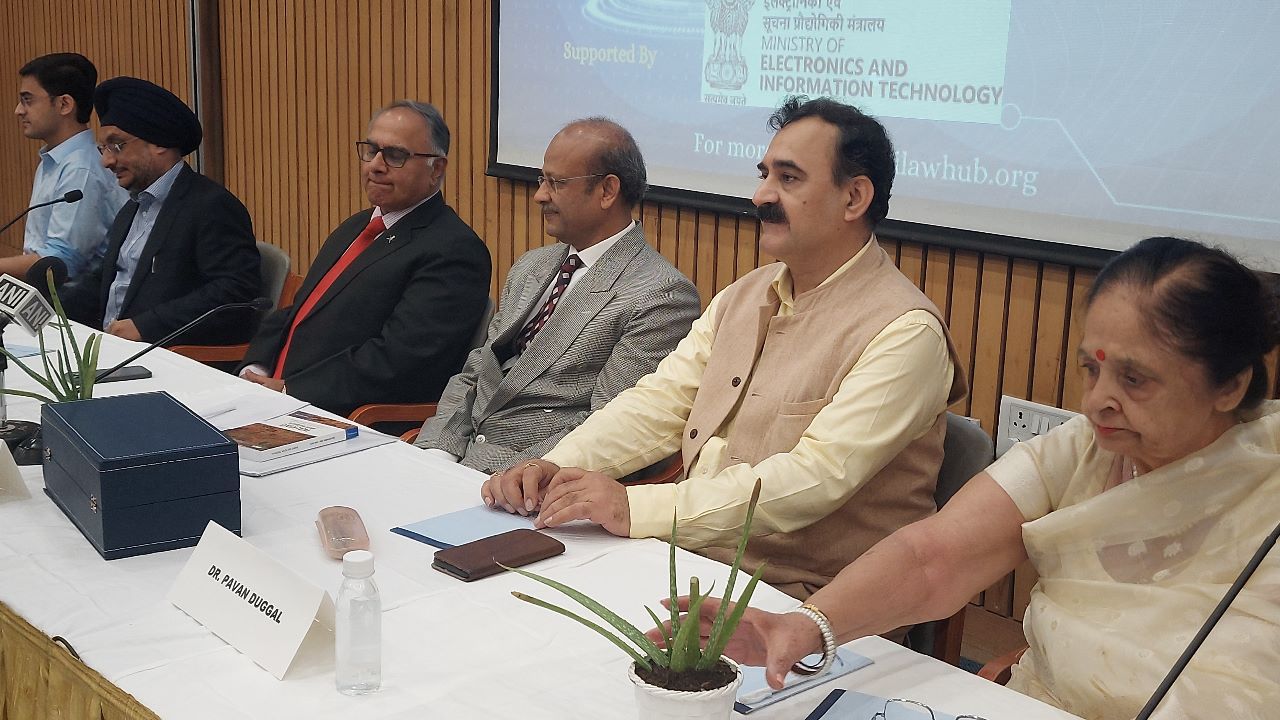Judiciary can play important role in harnessing AI benefits to address pendency of cases: Justice Rajesh Bindal

Geetanjali Minhas | July 28, 2023 | Mumbai

The National e-Governance Division (NeGD) under the Ministry of Electronics and Information Technology (MeitY), in collaboration with the Ministry of External Affairs (MEA), has announced a major enhancement to citizen services through the enablement of the Passport Verification Record (PVR) on the DigiLoc
The government has undertaken several measures to strengthen the telecom sector in the country which has led to the growth of telecom sector. These measures include Rationalization of Adjusted Gross Revenue; Rationalization of Bank Guarantees (BGs); Rationalization of interest rates and remo
Praja Foundation has unveiled the Citizens’ Manifesto for Maharashtra’s Municipal Elections 2025, presenting a comprehensive reform roadmap aimed at strengthening municipal governance, enhancing service delivery, and advancing transparency and citizen participation across urban local bodies.
Union minister for communications and development of the Northeastern region, Jyotiraditya Scindia, on Tuesday clarified about the Sanchar Saathi`s mandate, emphasising that the app is completely democratic and fully voluntary. He added that users can activate the app at their convenience to access its ben
The global Media & Entertainment (M&E) industry is on the brink of a major transformation as it marches toward 2030. International revenues are projected to reach $3.5 trillion by 2029, driven by a 3.7% CAGR between 2024 and 2029. This growth will be powered by the dominance of digital advertising,
We proudly describe our nation as a land of Unity in Diversity. We have long celebrated our civilization based on plurality, where differences have been seen, not as threats but as expressions of a greater unity. From Kashmir to Kanyakumari, we rejoice our innumerable languages, castes, creeds, an

